Summer is the perfect time to reset, recharge and revitalise your routine. With longer days, warmer weather and fresh seasonal foods, there’s no better moment to focus on your well-being. Whether you’re looking to boost your energy, improve your diet, or get outside more, prioritising summer health can help you feel your best all season long.
In this guide, we’ll explore simple, effective ways to have your healthiest summer yet so you can enjoy everything the season has to offer with confidence and vitality.
Make your own super salad
“Evidence shows that eating 30-plus different plant foods a week is great for your gut health, and a super summer salad is a really easy way to achieve this,” says Deirdre Egan. “Add in a few types of lettuce, radish, tomato, cucumber, roast vegetables, beetroot, new potatoes, herbs etc. and a source of protein such as meat, fish, eggs or tofu and you have a perfectly balanced meal.”
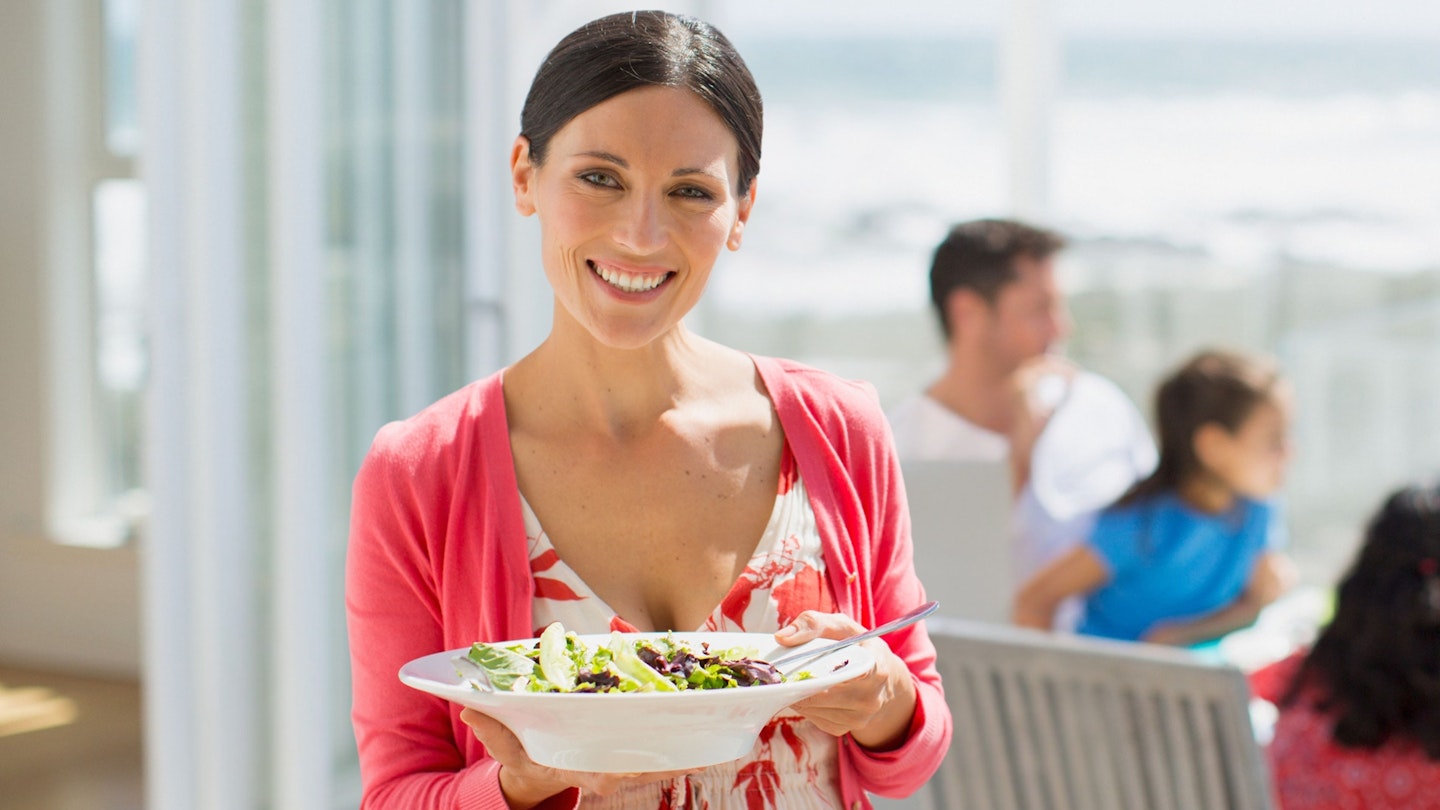
Speed up your walk
Summer is the perfect time to spend more time outside, but rather than taking up a new activity, tweak what you’re doing already. “Try to increase the heart rate a bit when you go for a walk,” says Mel Lilley. “If, on a scale of 1-10, 4 is walking and easily having a conversation, and 10 being you’re so out of breath that you can’t speak, aim for 7. You can also make small, easy changes to make walking more challenging, like increasing the distance by around 20% – so, if you walk two miles a couple of times a week, add another half or one mile. Maybe try to get out another day too.” Need inspiration to get moving? “Look out for local walking groups which make it more fun and social,” says Mel.
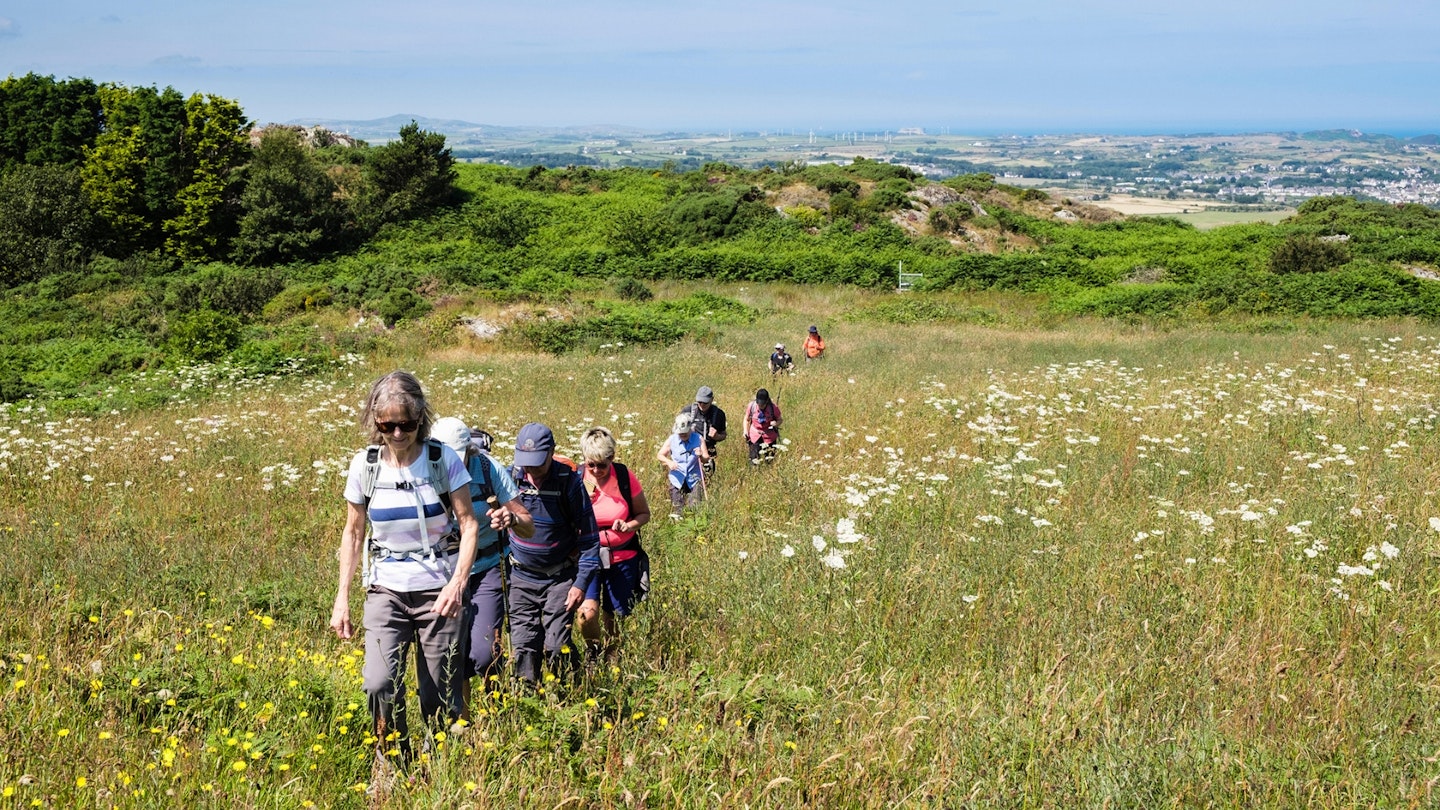
Get outside between 8am and 10am
It might sound counterintuitive, but research shows that bright morning light helps regulate our circadian rhythms, the body’s biological systems that tell us when to do things like sleep, wake and eat. Try getting outside when the light is brightest – 8am-10am – for 15-30 minutes, even on cloudy days.
Set boundaries
“Taking care of yourself is vital and setting boundaries gives you space, which limits overwhelming feelings,” says energy expert Antonia Harman. “It can be as simple as saying no to social engagements and those who always want help and attention but never reciprocate. Politely decline, or limit the time you devote to certain people or events, and ensure you have enough ‘me-time’ for the things you enjoy.”
Get a 5-minute Vitamin D blast
“Vitamin D is an essential nutrient for bone health, joints, cognitive function, mood and teeth, as well as being important in regulating other nutrients in the body,” says nutritionist Deirdre Egan. “The most efficient source of vitamin D is direct sunlight, so, if possible, take a few minutes outside every day without sunscreen, and the more skin you expose, the better! (Please take care not to burn – see tip below.) “If your shadow is shorter than you, it’s likely you will absorb vitamin D.” How interesting!
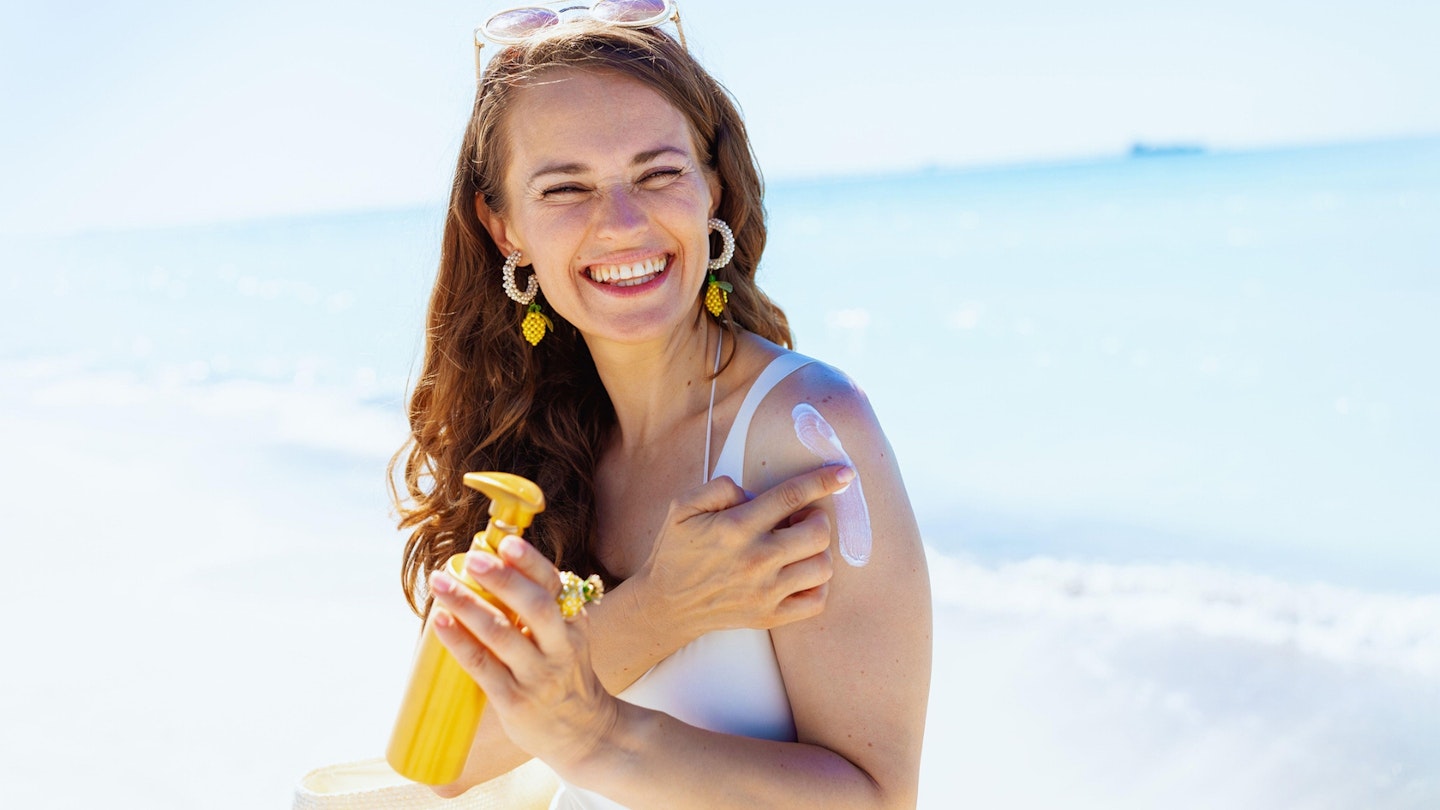
Stay skin safe
The NHS recommends wearing sun cream containing a minimum of SPF 30 and applying 6-8 teaspoons if you’re covering your entire body. Look for an ultraviolet (UV) rating of at least four stars and never use sun cream past its expiry date. Want daily protection for your skin? Use a moisturiser with an added SPF.
Try: Boots SPF+ Vitamin C Moisturising Lotion SPF50, £5.33 (was £8), 50ml
Drink up
“Aim for 8 glasses (or 2l) daily, or even more when it’s hot,” says Deirdre Egan. If you struggle to drink this much, herbal teas count, and focus on adding foods to your diet with high water content such as lettuce, watermelon, apples, celery and cucumber. Your body is made up of approximately 60 per cent water and it’s important to replenish any loss from sweating. Being sufficiently hydrated is important for brain function, digestion, skin, joints and mood.”
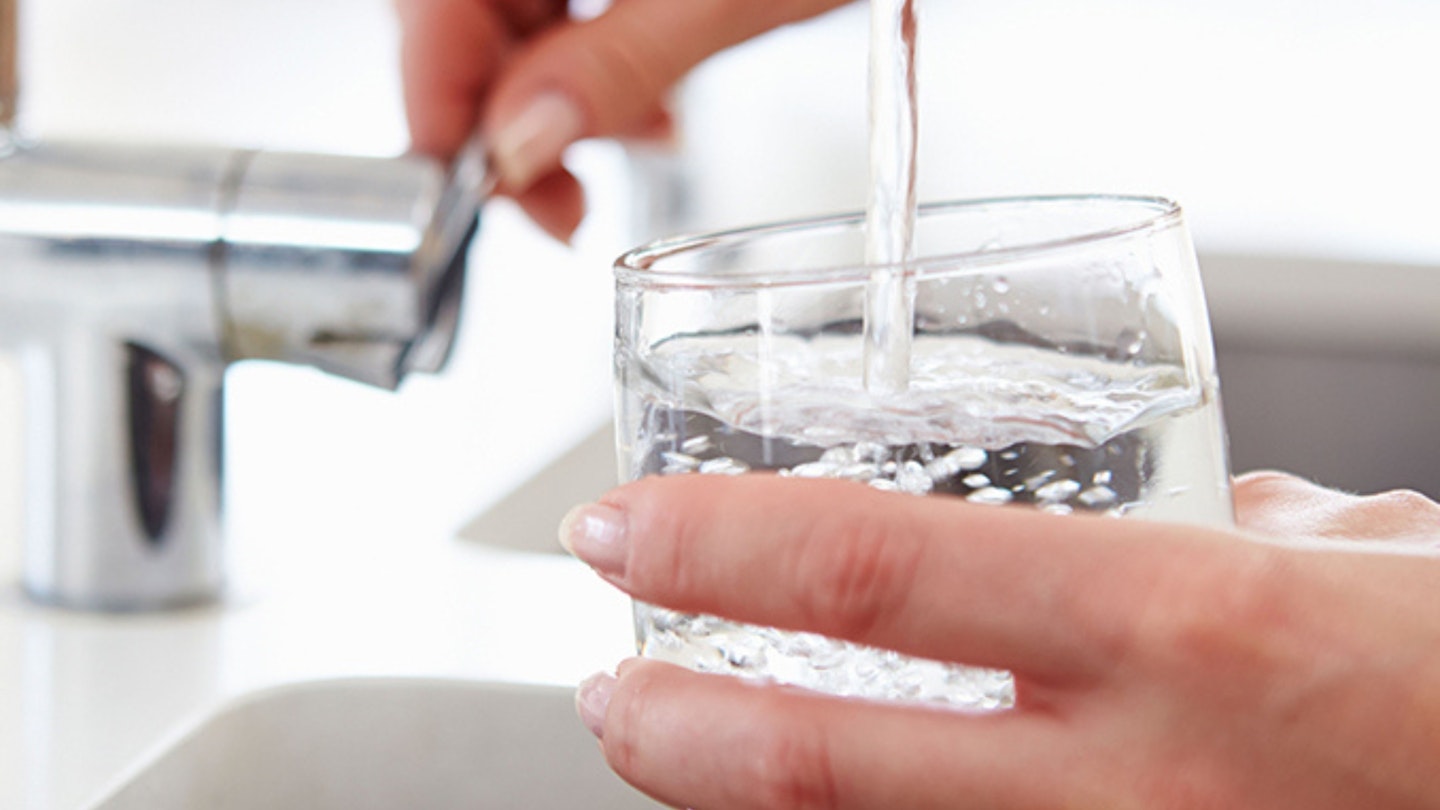
Build strength at home
“Our oestrogen levels drop as we get older so resistance training is imperative for our muscle mass and bone density amongst other benefits, like helping to increase our metabolism, which can aid in fat loss,” says personal trainer Mel Lilley. “You can get a good workout from the comfort of your own home.”
Squatting:
1. Start by standing in front of a chair with feet shoulder-width apart, toes turned out slightly.
2. Push your bottom back to touch the chair, then stand back up and make sure those knees don’t cave in. Do 10-12 repetitions.
3. Repeat for 3-4 sets.
“As you become more confident, you can squat without the chair, and maybe add some resistance by holding a heavy object, like a rucksack with some books in,” Mel says.
Press-ups:
“Press ups incorporate a lot of your upper body muscles and if you have shoulder issues, they can be done standing up,” says Mel.
1. Start arm’s length from the wall. Reach your hands out, about shoulder-width apart.
2. Lower the chest towards the wall, keeping elbows in. Aim for 10-12 repetitions.
3. Repeat for 3-4 sets.
“As you get stronger, lower to a table/chair/step, and then the floor.”
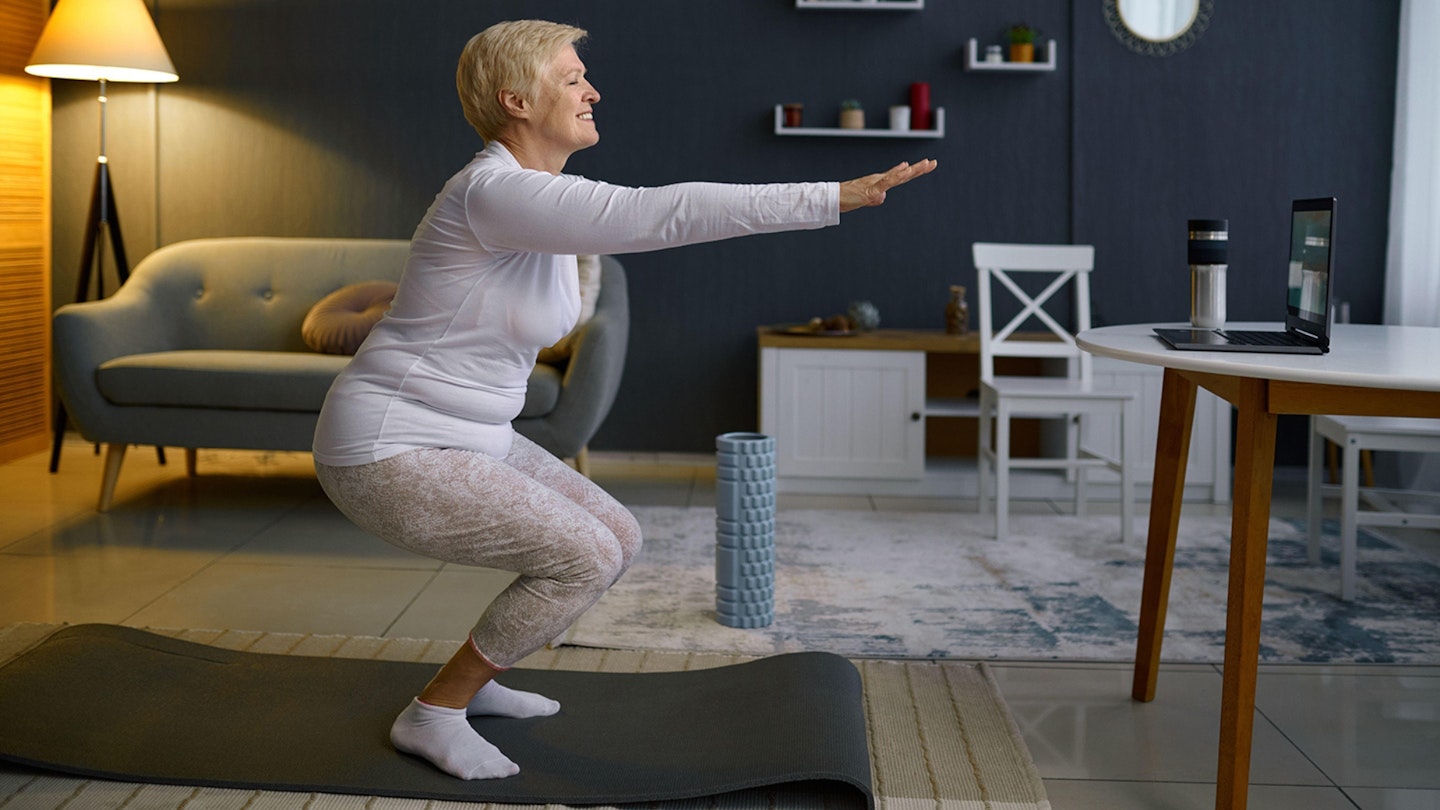
Tap away stress
Derived from Chinese medicine, Emotional Freedom Technique (EFT) involves tapping specific acupuncture points to release stuck energy. “EFT can be a great way to reduce stress,” says Antonia Harman. “Tap your first and second finger on the following pressure points: your crown, eyebrow, side of the eye, under eye, under your nose, chin, collar bone and the pinky finger side of the hand. Play the stressful situation out in your mind's eye like a movie montage, whilst tapping the points in order and then re-grade it from 1-10. You may notice your emotional attachment to the trauma has lessened. Continue for one to five minutes.”
Keep cool
Your body temperature starts to drop at night to facilitate the sleep process, and the The Sleep Charity recommends 16-18°C as the ideal room temperature for sleep. Try a lower tog duvet or cotton sheet to sleep under, and wear nightwear with natural-based fibres like cotton or bamboo, which help the skin breathe more easily.
Make an energy-boosting smoothie
“You may not feel like hot meals in summertime, so a healthy smoothie is a great alternative,” says Deirdre Egan. “Aim for more vegetables than fruit, and add in protein and healthy fats. Frozen spinach or berries make great staples for your smoothie. Use whole milk as your base if you tolerate dairy, and good quality vegan milk like oat or almond milk if not. Add in nuts and seeds (or a tablespoon of nut butter) for healthy fats and consider adding protein powder or chia seeds as a good source of protein.”
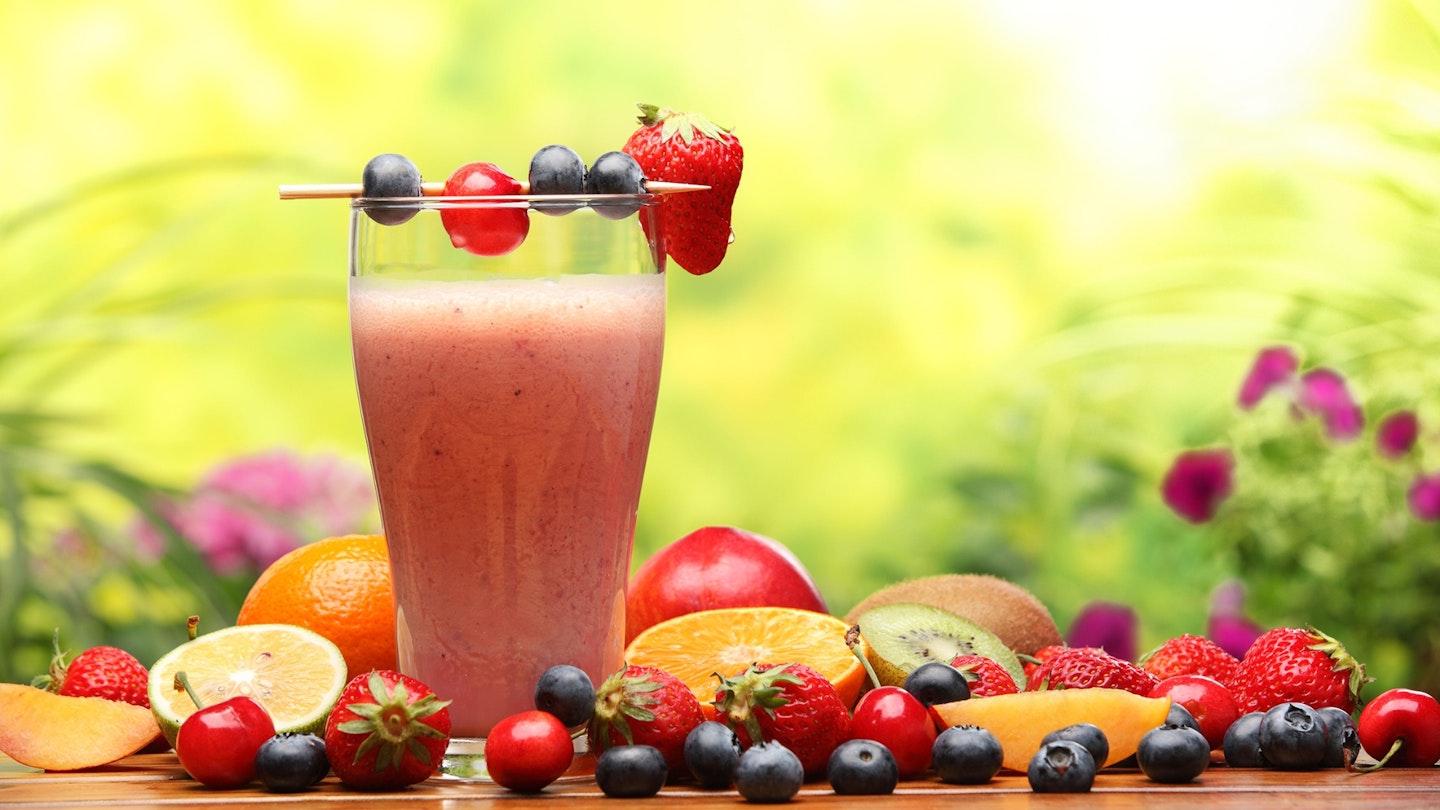
Have fun in the sun!
“Health is not just about eating a healthy diet and getting regular exercise,” says Deirdre Egan. “Summer is all about connection, getting outside and having fun. Spending time in the sunshine with loved ones is vital for both our mental and physical wellbeing, and can be protective against depression and anxiety.”
Try a natural health prescription
“Being outdoors nourishes your nervous system,” says Antonia Harman. “Going for a walk, wild swimming, gardening or even getting your hands into the mud are all wonderful ways to relax and energise, as research shows that there are microbes in the soil which can bolster the serotonin levels [one of the ‘happy hormones’] in your brain.”
Consult your GP before taking any new supplements or embarking on a new exercise plan.
Meet the experts
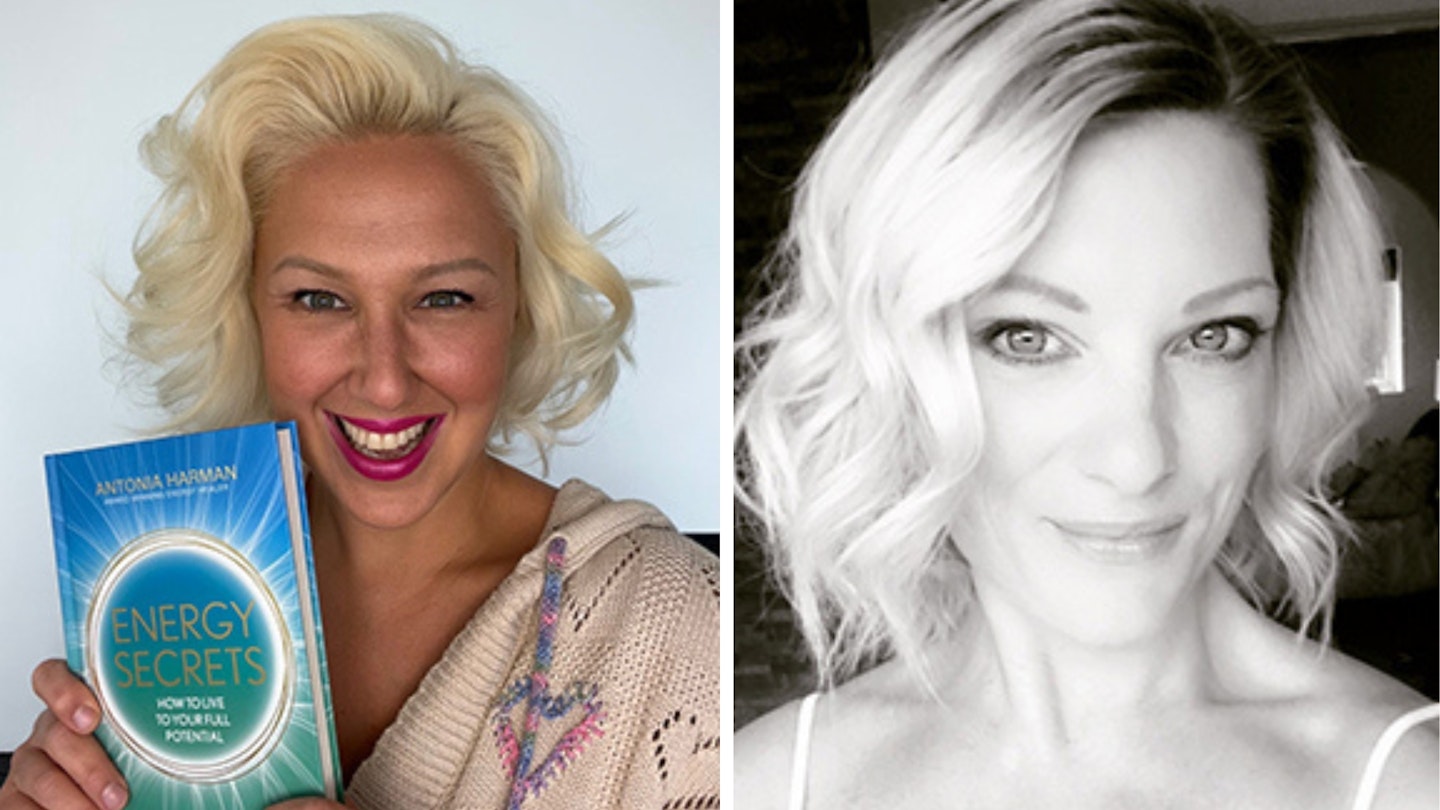
Antonia Harman is an energy, emotions and holistic expert and author of Energy Secrets.
Mel Lilley is a personal trainer at Core Performance, specialising in weight loss, strength training and peri/post-menopause health.
Deirdre Egan is a registered nutritional therapist and health coach helping women in midlife and beyond.
Jo Carnegie is a seasoned journalist and author with over 25 years of experience in the wellness and lifestyle sectors. Formerly the Deputy Editor of Heat magazine, she is renowned for her insightful celebrity interviews. Jo has published nine women's fiction books and is also an accomplished ghostwriter.
